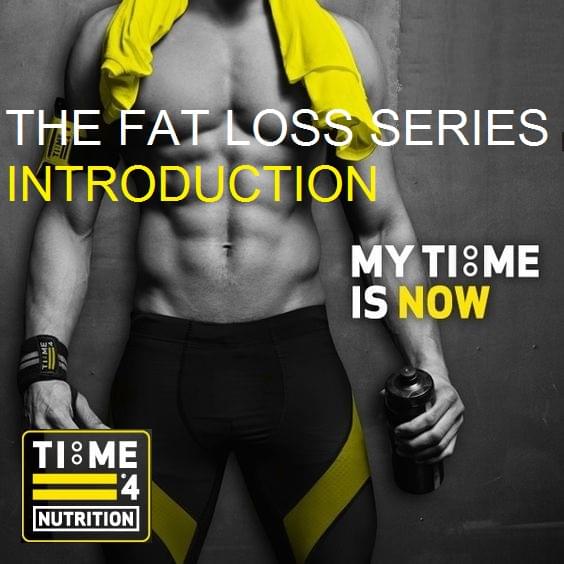Time 4 Fat Loss series – Introduction
Time 4 Fat Loss Series
We will be publishing a series of original articles looking at the science behind fat loss. Join our mailing list to be informed when we have added the latest article.
The Scientific Approach to Fat Loss
Whether you’re a competitive body builder preparing for a competition or a recreational exerciser who wants to improve your health and get a beach body, most of us at sometime will want to reduce our level of body fat.
Although in principle this should be relatively straight forward, it has become increasingly difficult recently due to the vast amount of conflicting advice now presented in the media, much of which has little, if any, scientific basis, and the influence of often unrealistically lean celebrities telling us how we could have a body like theirs if we follow a particular diet and exercise programme. Often these images have been Photoshopped, and even if a person has actually achieved a certain physique for a film role or photo shoot, they often cannot maintain such a condition in the long-term.
These mixed and misleading messages can lead to confusion regarding how we should look, what we should eat and what is the most effective form of exercise for losing body fat. For example, is high intensity interval training more effective than traditional cardio? Do abdominal exercises reduce belly fat? Is a low carbohydrate, high protein diet best or is fasting more effective? How much body fat should we have?
Fortunately, exercise, diet and fat loss have been the subject of a considerable amount of rigorous scientific research, which provides the basis of this series of articles that will help you to achieve healthy levels of body fat using the most effective and appropriate evidence based approaches.
In the first part of this series we will look at why we get fatter. Is it all in our genes? Or is it due to hormones or the fault of our environment?
What does the science say? Click here to find out: Part 1 – Why do we get fatter?
